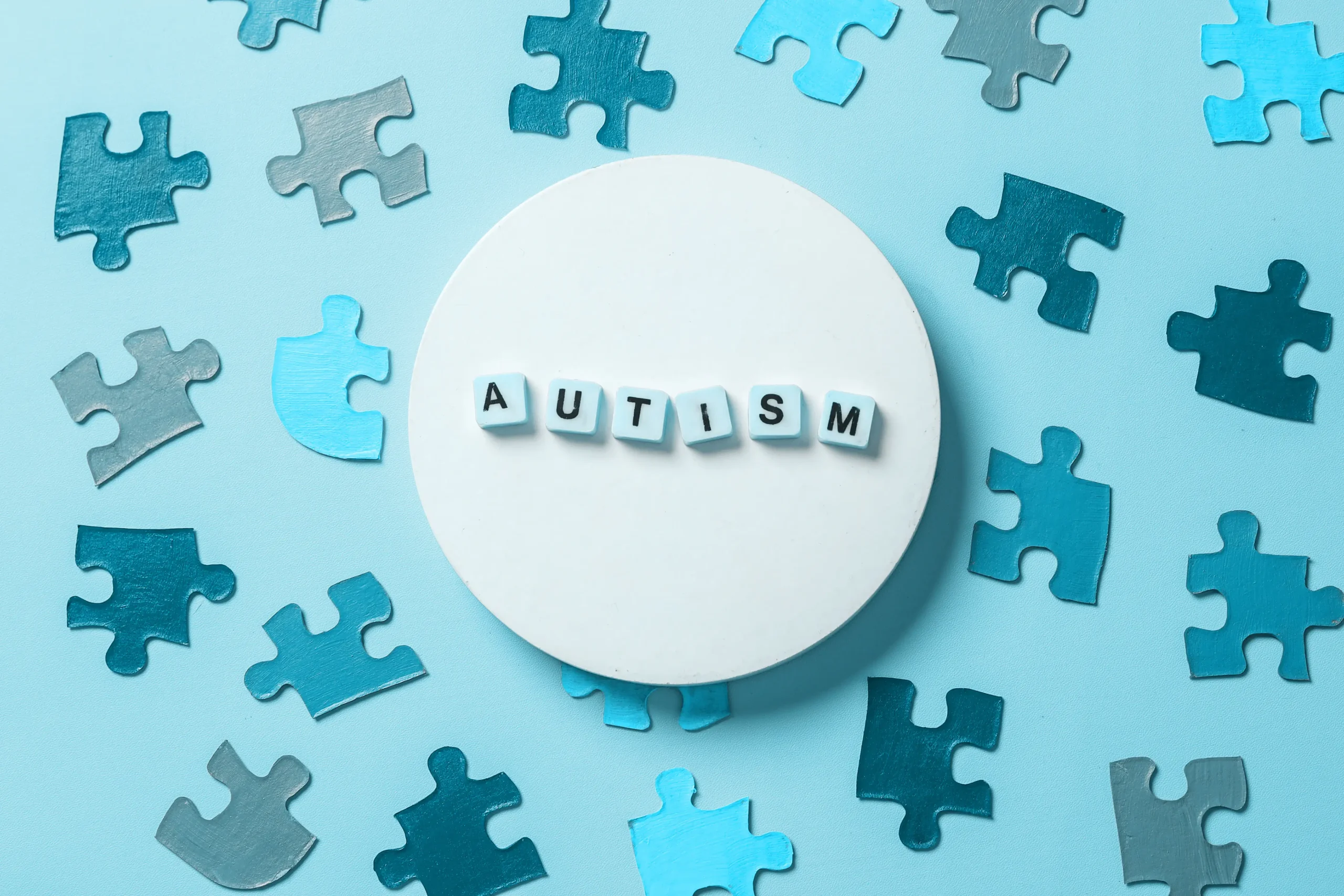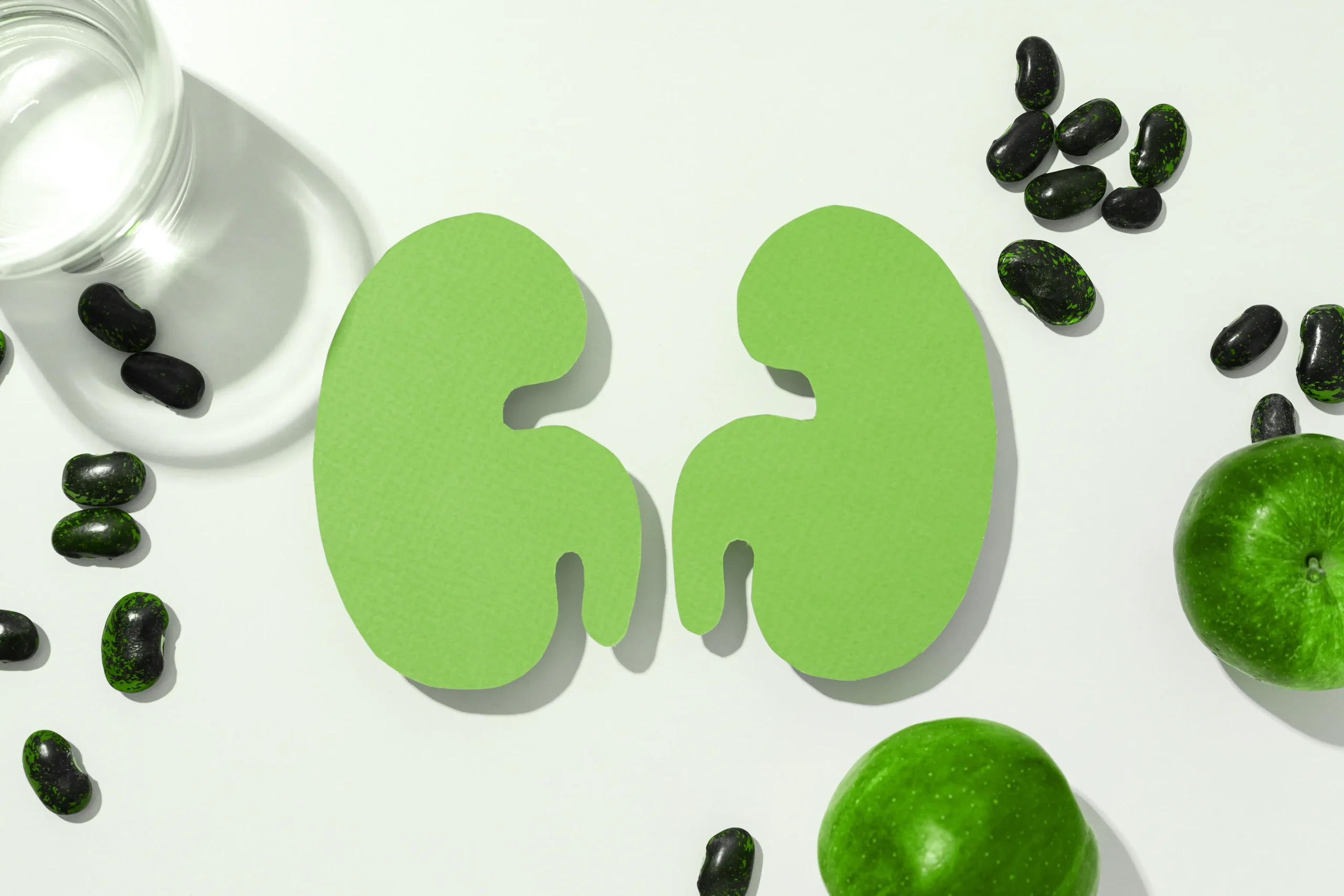The Importance of Mental and Emotional Health
Health goes beyond the physical as we see psychological well-being gaining increasing prominence and attention the world over. The notion of mental and emotional health has come a long way since the early days of asylums and mistreated chronic “invisible” illnesses. The pandemic has shone a spotlight on the importance of mental health following the months of isolation, separation of family and friends, and the negative emotional consequences that came along with the constant barrage of news updates, protocols, and the exponential rise in Covid-19 cases.
But what is mental and emotional health? Are they one and the same?
Mental vs. emotional health
Mental health and emotional health are two different understandings, however, they are indeed intertwined. Without much attention towards mental health treatment, emotional health can take a massive knock. While mental health refers to the processing of information we take in from the world around us, as well as conditions and illnesses related, emotional health is about the feelings (and responses) provoked by mental health.
Getting anxious from time to time for, let’s say a work meeting or presentation, is perfectly normal and common, but “anxiety” is a diagnosable disorder from a mental health point of view. A disappointment may leave you feeling “depressed” but depression is a serious chronic mental health condition. In psychotherapy, words have precise meanings, and these meanings are essential for effective treatment.
In short, the terms “mental health” and “emotional health” aren’t interchangeable. They are related but have very different meanings and understanding those differences is essential information for your well-being on the whole and balance is key.
The effects of mental and emotional health on the body?
Mental and emotional health play a huge role in general well-being. A healthy mental state can keep you healthy physically and also help prevent serious physiological conditions. Studies find that positive psychological well-being can reduce the risks of heart attacks and strokes since stress can have a significant impact on blood pressure. Equally, poor mental health can be detrimental to physical health or create harmful habits and behaviour. For example, depression has been linked to many chronic illnesses, including cardiovascular disease, diabetes, asthma, cancer, and arthritis. People with depression have lower levels of the neurochemical dopamine. Dopamine influences positive feelings in your brain.
Individuals suffering with poor mental (and emotional) health are more likely to suffer from sleep disorders, like insomnia. Insomnia is a diagnosable condition that makes it difficult to fall asleep or stay asleep. Mental health conditions like depression, anxiety, or bipolar disorder can lead to sleep problems, but conversely sleep problems can also exacerbate mental health conditions. In addition, those with mental health conditions are more likely to smoke than those who don’t.
Tips to improve your mental and emotional health
Although mental illnesses or disorders require the diagnosis from a medical specialist like a psychiatrist and sometimes the treatment of medication, there are various things people can do to lift their moods:
- Spending time with family and friends
- Keep active (helpful to your mental AND physical health)
- Take up a new hobby
- Give back to others or support and volunteer for charities
- Practise mindfulness or keep a gratitude journal.
Bottom line
To cope with life and its many obstacles, balancing mental and emotional health is vital. If one is off-kilter, the other will be impacted. Understanding how to restore balance is the key to resilience and a higher quality of life mentally, emotionally, and physically.
The lenmed Group is a world-class chain of Private Hospitals that brings quality healthcare to communities across Southern Africa.
For more information please contact:
Nadia Patel, Clinical Psychologist
Hospital: Daxina Private Hospital
Tel: 087 0878494
Cell: 073 888 4402
Disclaimer: Any information contained here is merely a guideline. Always visit your healthcare practitioner for any health-related advice or diagnosis.















